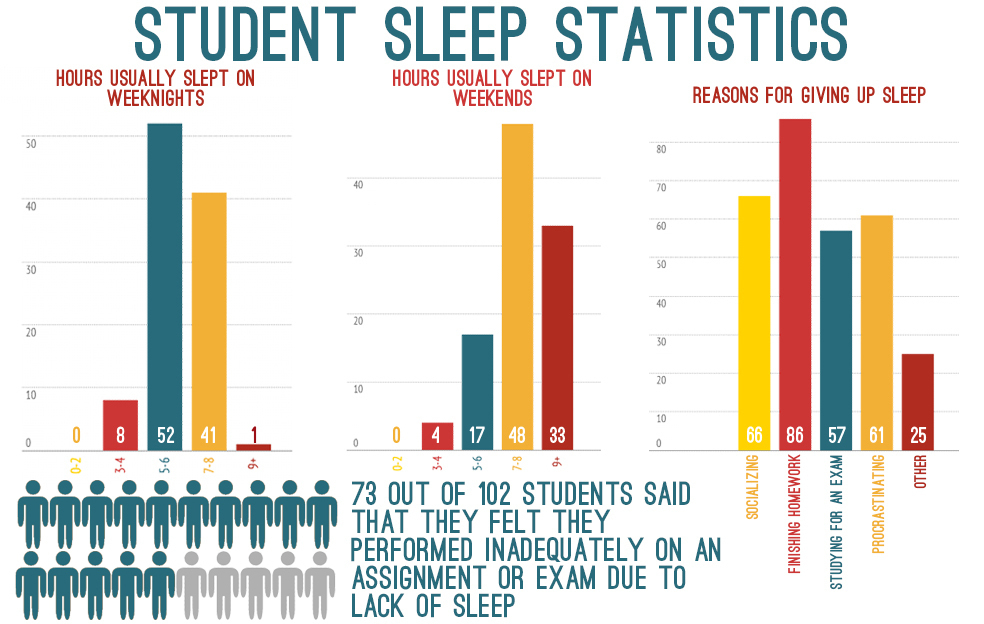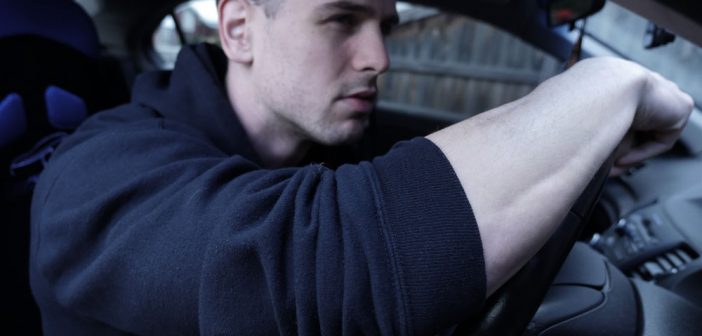This is a follow-up to a post I made earlier about why sleep deprivation is killing your physical performance. I’d recommend checking this out if you haven’t already.
I’ll now explore what forgoing sleep is doing to you mentally.
Our Culture.
We definitely work hard. Some, more than others. But for those that do, it can be difficult to avoid having at least a portion of your self-worth tied to how hard you’re working and how much you’re producing. This could be either for yourself and your business, or for your employer(s).
With the Silicon Valley startup culture becoming a worldwide phenomenon, and terms like grind or hustle becoming commonplace to signify bouts of focused effort, I believe the notion of continual, unabated work has been romanticized to a fault.
Don’t believe me? Check out Medium’s #startup tag, which features over 77K (!) user written articles at the time of writing. Right now, I can’t find an official ranking of tag popularity on the site, however I’d bet a hefty sum of cold hard cash on it being firmly entrenched within the top three.
Grinding, hustling and employing strategies of working deeply into our lives definitely pay dividends… up until a certain point.
Until our sleep begins to suffer.
Sleep deprivation takes us from being sharp, or in the zone, to cognitively inept; readily caving in to the challenges we meet and unable function at the level we know we’re capable of sustaining.
In an article titled sleep deprivation is not a badge of honor, David Heinemeier Hansson (DHH), the creator of the popular Ruby On Rails web application framework explains the following:
Forgoing sleep is like borrowing from a loan shark. Sure you get those extra hours right now to cover for your overly-optimistic estimation, but at what price? The shark will be back, and if you can’t pay, he’ll break your creativity, morale, and good-mannered nature as virtue twigs.
What makes this article great is the undertone of contempt for those in the tech industry that brag about all the sleep they’re not getting, which I feel could also be applied to the general population.
Taking a step back, I believe the loan shark analogy is spot on. Personally, it takes me roughly two hours of sleep to compensate for every hour of sleep debt accrued after a late night. In other words, the generous loan shark that’s lending me those extra hours throughout the night is charging me some nice interest for his troubles.
And we’re not alone. The CDC reported in 2012 that 40.6 million workers in the U.S. (30% of civilian employed adults) are getting an average ≤6 hours sleep per night during weekdays. The most sleep deprived were workers in the manufacturing industry (34.1%) and unsurprisingly, those that work night shifts in transportation and warehousing (69.7%).
Looking closely at these three professions, do you notice something that they all have in common?
Yes, that’s right – employees are often required to operate heavy machinery during their work.
The same employees that are claiming to be chronically sleep deprived.
You’re dangerous.
Lack of sleep has been identified as a significant factor in key 20th century events such as the Chernobyl nuclear meltdown and Challenger space shuttle explosion (both in 1986), as well as the Exxon Valdez oil spill in 1989. The mission leads, operating under severe sleep deprivation, were still awake and making critical decisions during crucial moments.
The medical industry also requires crucial decisions to be made due to the amount of responsibility placed on staff, where long hours of shift work is also notoriously common.
According to the Institutes of Medicine, over one million injuries and between 50,000 and 100,000 deaths each year result from preventable medical errors, and many of these may be the result of insufficient sleep, Doctors, especially newly graduated interns, are often expected to work continuous shifts of 24 to 36 hours with little or no opportunity for sleep. – Harvard Medical School.
Fortunately, the global medical automation market is expected to reach $55.03 billion by the year 2020. This involves research into technology such as surgical robots and automated imaging, which should offer some respite for the overworked doctors and interns around the world.
If you ask me, I struggle enough when deciding what to wear in the morning when I’m sleep deprived, let alone taking charge of a space vessel and risking the lives of those on board and the billions of dollars invested into the space shuttle program.
However, for those of us not leading mission critical projects, something we can all relate to is often a public safety risk when sleep deprivation is thrown into the equation.
Yes, I’m talking about driving.
As a quick side note, Google announced a few days ago that they’re offering residents of Chandler, Arizona $40,000 a year to not drive their self driving Google cars.
I think we’re definitely living in the future when we’re being paid to be in a car and not have to drive it (!)
But I digress.
For the rest of us driving our cars the old-fashioned way, the National Sleep Foundation (NSF) reports that being awake for 18 hours or 24 hours is an impairment equal to how you would feel at a blood alcohol concentration (BAC) of .05 and .10 respectively.
Of course, I’d imagine this would vary wildly between most people, but the effects of drowsiness are damning.
This means that being up for more than 18 hours would put you into the legally drunk category in Australia, where the BAC limit is fixed at .05.
The NSF also found in a 2005 Sleep in America poll, that eleven million (4%) people admitted to having an accident or near accident because they dozed off or were too tired to drive.
More generally, human-error related accidents due to sleep deprivation is estimated to have an annual economic impact of $43 to $56 billion in the US.
Crazy.
Student struggles.
Full time workers aren’t the only ones affected by inadequate sleep. An article by Brent Heard titled lack of sleep hurts student health from Carnegie Mellon University’s student newspaper The Tartan discusses the effects of lost sleep for students.
Lack of sleep can upset one’s alertness, concentration, reasoning, and problem-solving abilities. Sleep also plays a key role in consolidating memories. For a student, these effects from sleep deprivation can prove quite challenging.
If you ever feel like you simply can’t remember what you’ve learned after an all-nighter cramming for an exam, it’s likely you haven’t provided yourself with the required level of mental recovery conducive to memory retention.
In fact, I’ll go out on a whim and say that every time I attempted to cram for a test; I felt dumber, more stressed and it took me longer to recall important information. As a former undergrad student studying Computer Science, this was bad news for me – especially for tests that required specific algorithms to be recalled and applied to programming questions against the clock.
In 2013, a survey was distributed by the Carnegie Mellon students to other students on and off campus which asked them to answer questions about their sleeping habits.

Credit: thetartan.org
Based on this data, the most obvious change I can see involves the amount of “oversleeping” the students were doing on weekends. Only one person of 102 (0.98%) claimed to be sleeping more than 9 hours a night during weeknights, compared to nearly a third (32%) on weekends.
Go the f*ck to sleep.
No matter who we, we can all benefit from more sleep.
Don’t buy in to the dangerous trend of sleep hacking to borrow a couple more hours from the sleep debt loan shark, I can promise you it won’t bode well for your future self.
I’ll now leave you with a video from the lovely Jennifer Garner.
Did you enjoy this post? Receive one weekly update containing knowledge, tips and actionable content delivered straight to you. Strictly no spam.

